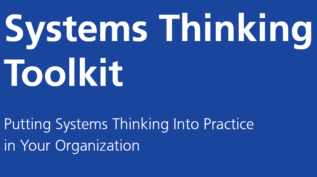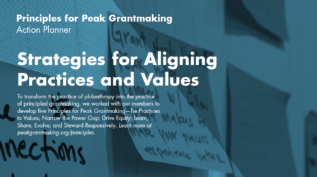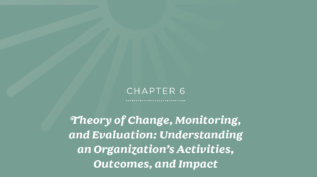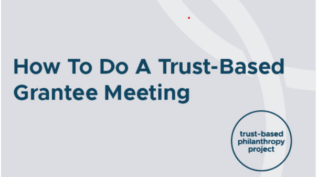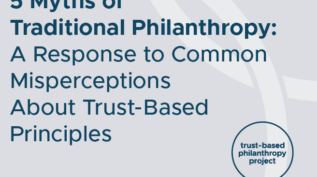Engaging Boards and Trustees in Strategic Learning
Posted on June 11, 2021
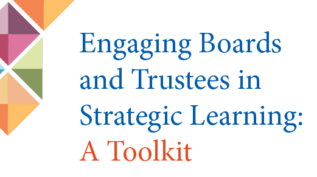
Effecting social change in a rapidly changing political environment and an increasingly interconnected world requires foundations to adopt a learning orientation. Without continuous learning, grantmakers—and thus boards and trustees—are unaware about what is working where, with whom, and why, as well as what changes or refinements are needed in order to achieve the grantmakers’ desired results. Researched and written in… Read More

